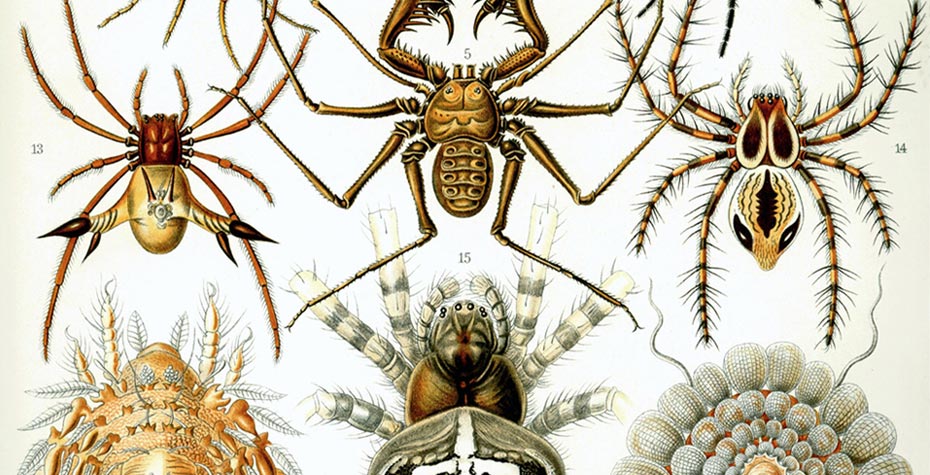Vertebrate Paleontologist Emily Buchholtz Examines How We Name and Visualize Life's Diversity

A rose by any other name would smell as sweet—or would it? In the 2014 Distinguished Faculty Lecture, Gordon P. Lang and Althea P. Lang ’26 Professor of Biological Sciences Emily Buchholtz tackles the question of how we name and visualize life’s diversity today.
The paradigm of evolution by natural selection revealed that species share common ancestry. That broad pattern of life’s expansion from a single origin has been documented in the 150 years since Darwin’s Origin of the Species. In her talk, entitled A Bush Not a Tree, Buchholtz will address the surprising shape of this diversity and offer a revolutionary new paradigm for naming it. She will also expand on the implications of this system for how we understand our own and other species.
A vertebrate paleontologist, Buchholtz pursues academic interests at the intersection of morphology, evolution, and development. She is particularly intrigued by mammals that “break the rules” of so-called column morphology, among them manatees, tree sloths, and the pygmy right whale. “My interest in ancient life was sparked by collecting fossils from the gravel in my driveway as a young child,” she says. “I've always loved both history and biology, and paleontology allows me to integrate these interests professionally. An appreciation for the diversity of life helps us put human interests and impacts on the planet in perspective.”
The Distinguished Faculty Lecture was established in 1999 to provide an opportunity for one of the College’s most accomplished and respected faculty members to deliver a public lecture that helps the community reflect on the meaning of a liberal education. The lecture is a Wellesley Wednesday event sponsored by the Office of the President.
The lecture is free and open to the public and begins at 12:30 p.m. in Pendleton West 212 on February 12, 2014.
